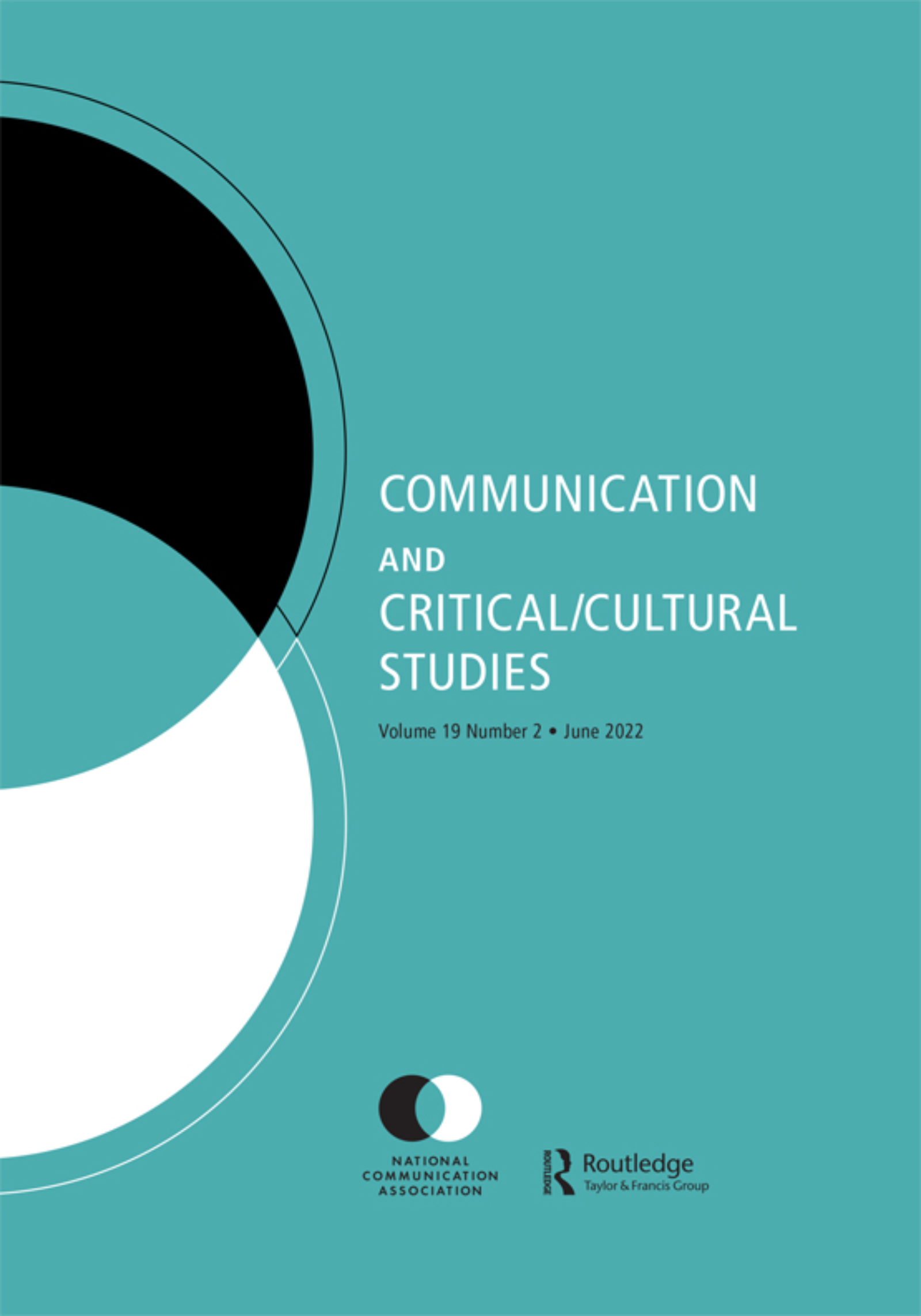Inspired by their observations of the COVID-19 lockdown as a chronically ill person, health and disability studies scholar Emily Krebs reimagines lockdown as an opportunity for able-bodied people to experience the uncertainties of being disabled, opening up possibilities for cultural shifts towards accessibility and accommodation for all that extend beyond the pandemic, with their academic article, “A Sour Taste of Sick Chronicity: Pandemic Time and the Violence of Returning to Normal.” Krebs builds on Margaret Price’s idea of “crip spacetime,” a system where “people 1) experience inconsistent mobility, 2) acknowledge the precarity of our bodyminds, and 3) are located in the liminality of being in-wait—for treatments, test results, and waves of access to social and public life” (Krebs 119), arguing that the pandemic forced people, disabled or otherwise, to live under “sick spacetime.”
They criticize the exclusionary and ableist implications of the call for “returning to normal,” as mainstream media and medical specialists frame the “normal” as a lifting of lockdown restrictions at the expense of the safety of immunocompromised individuals, while ignoring the fact that low-income individuals, people of color, people in forced congregated settings such as prisons, and residents of countries without access to advanced medical technology see higher infection and mortality rates despite those restrictions. “[Mainstream society] is seeking refuge from seeing the reality of human bodies and lives as inherently precarious, fragile, and interdependent” (Krebs 121), they remark. A return to “normal” would undo the progress that society has made to cope with pandemic “sick spacetime” and popularize alternatives to in-person gatherings, such as video conferencing which allows disabled people to work or socialize from home, that simultaneously make these activities more accessible to people of varied needs.
Krebs’s article presents an innovative pandemic narrative that connects pandemic experiences, shaped by unforeseeable restrictions on mobility, with experiences of disability, where restrictions on mobility or physical functions are the norm. Based on the way they lived during the pandemic, able-bodied people might begin to rethink the idea of “disability” and normativity, shifting from placing the blame or responsibility on people’s physical limitations for not meeting societal standards of speed and productivity, to interrogating whether these standards are sustainable or considerate of human needs. Pandemic restrictions inadvertently loosened existing expectations for in-person work and social practices, showing that norms regarding participation in daily activities have already been, and can continue to be flexible. Since the pandemic put pressure on corporations and governments to forgo their demands on productivity for the sake of public health, there is proof that changes to the existing system that are more accommodating to disabled people are feasible. In Krebs’s view, the pandemic can be the catalyst needed to put change into motion for a more accessible and inclusive future. Moreover, they argue for the importance of theorizing about disability during the pandemic, as it allows disabled people to better articulate their needs and difficulties even in pre-pandemic daily life, and invites discussion for new methods to accommodate them in future. “As others emerge from isolation and ‘return to normal,’ we will be retreating to our own normals: isolation, inaccessibility, debility, exclusion… unless we reimagine alternative futures and fight for them in the present” (Krebs 124).

Image Captions:
Cover image of Communication and Critical/Cultural Studies, vol. 19, no. 2.Citation: Krebs, Emily. “A Sour Taste of Sick Chronicity: Pandemic Time and the Violence of Returning to Normal.” Communication and Critical/Cultural Studies, vol. 19, no. 2, 30 May 2022, pp. 119–126. https://doi-org.ezproxy.lib.torontomu.ca/10.1080/14791420.2022.2063354. NON-FICTION, SCHOLARLY ARTICLE | US. ll
Source Type: Scholarship on COVID-19 Studies
Country: US
Date: 30-May-2022
Keywords: Accessibility, Chronic Illness, Disability Studies, Inequality, Normality, and Sick Spacetime